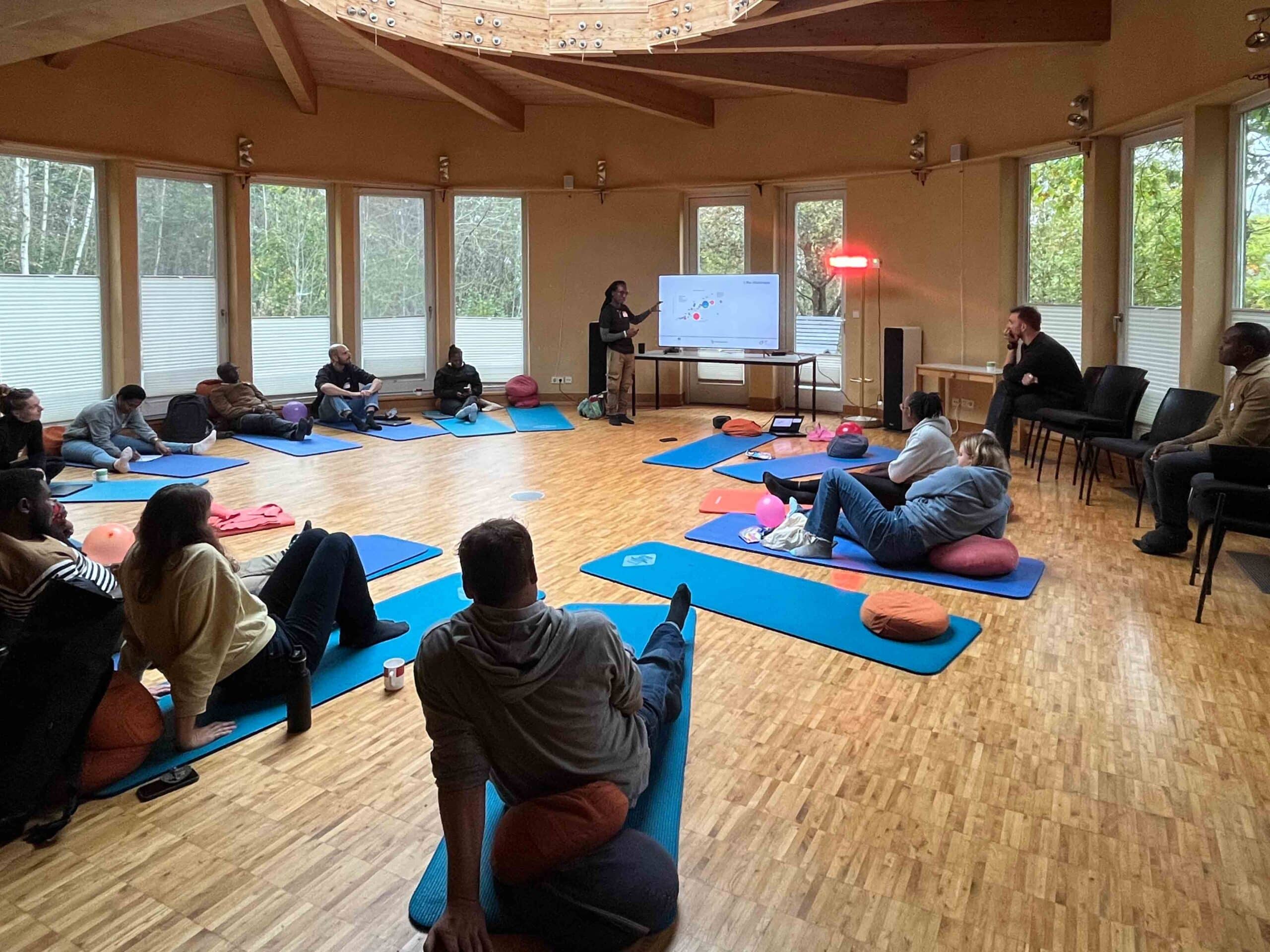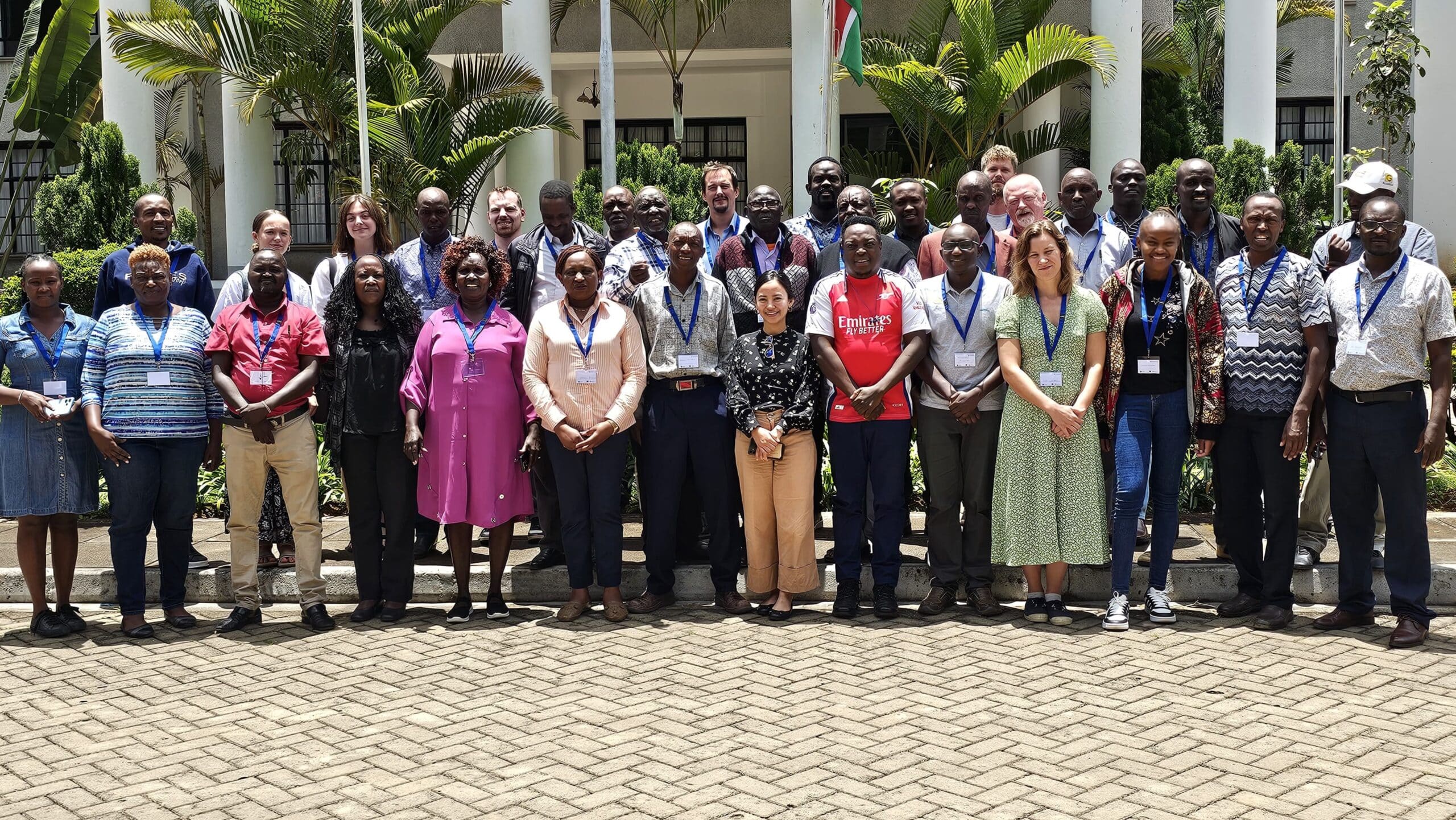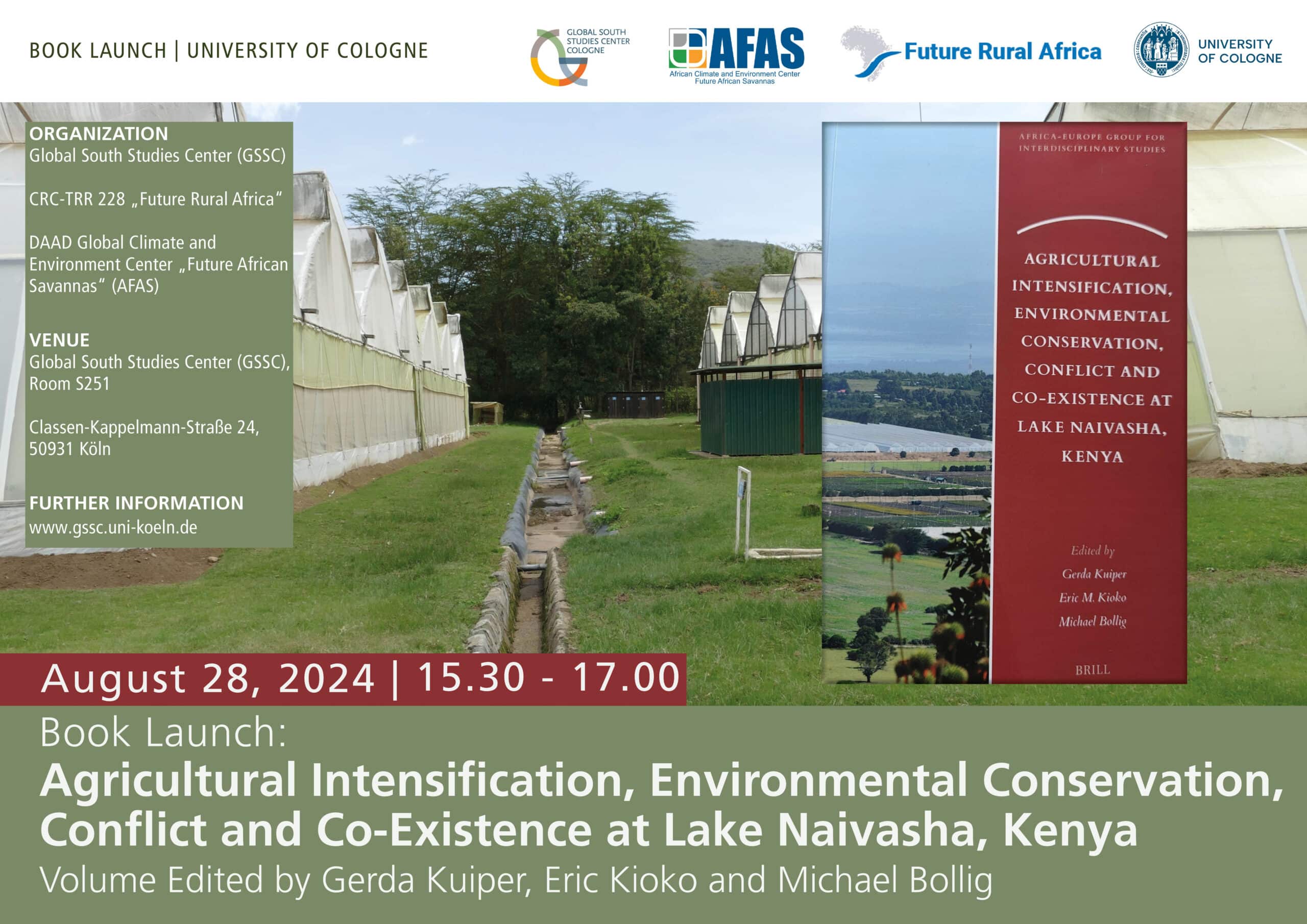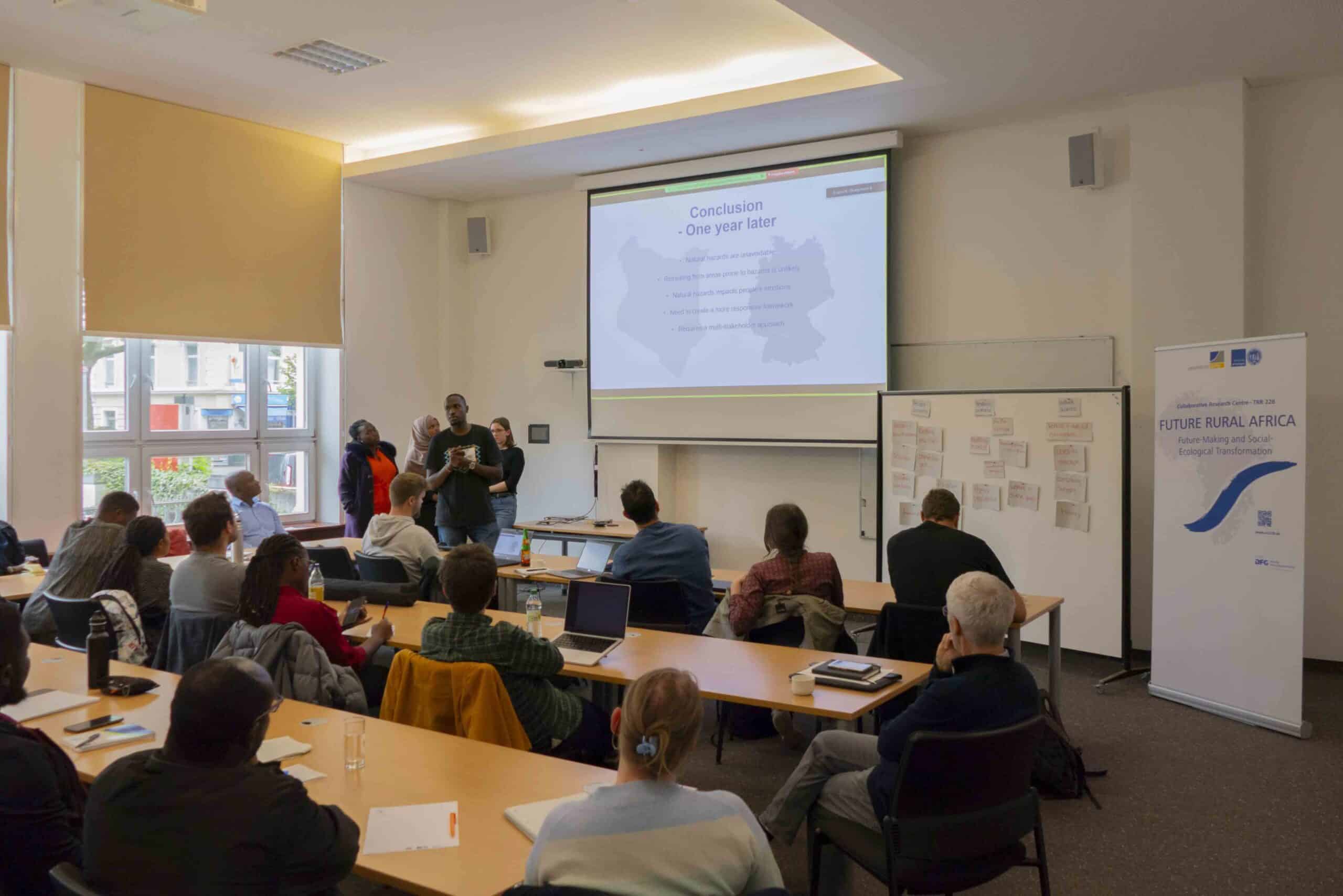by Maximilian Meyer (A01) at UNAM – Campus Katima Mulilo on the 9th and 10 of June 2019
One of the main pillars of CRC’s work in investigating large-scale land use change and related social-ecological transformations are surveys, which are conducted in all research countries. One of these research countries is Namibia with its Zambezi Region, embedded within the Kavango Zambezi Transfrontier Conservation Area (KAZA TFCA).
In April 2019, I traveled to Katima Mulilo, the capital of the Zambezi region, to tackle this task. Conducting and coordinating a survey with more than 600 participants felt like a mammoth task at the time – and it was. We were lucky to enjoy the excellent support of our partners at the University of Namibia (UNAM), who helped us tremendously to assure a smooth operation of the household survey. It therefore was my personal concern to return something to our partners and colleagues in Namibia. Hoping to share some of my expertise from my field of research, the idea of a workshop was born. The capacity building and empowerment of young (and older) students and researchers was at the core of the idea, and a workshop seemed like the right means to deliver this
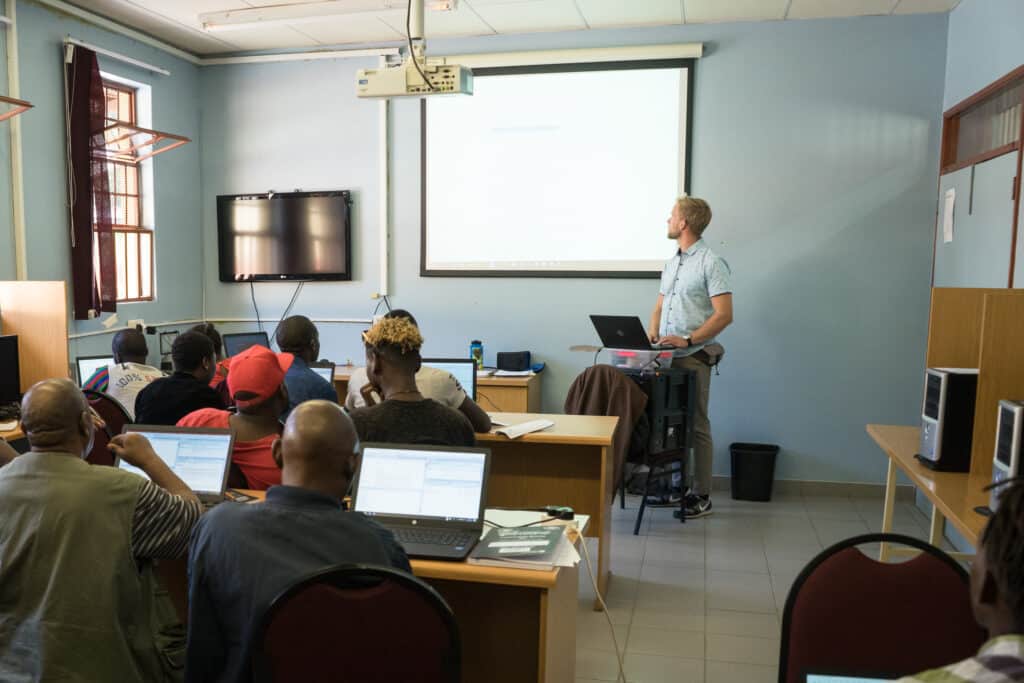
The aim of the workshop was to give background information on research design, data collection and statistics, in order to have students apply these skills in their current (and future) term papers or essays. My further idea was to teach analysis of such data using the free-of-charge and open source software R. A command-based programming software that is frequently and extensively used in contemporary quantitative research. Due to the time-consuming and seemingly difficult character of the program, this way of approaching statistical work and data processing may seem daunting at first. But I truly believe, that due to its open-source properties, the only barrier to use R, is one’s ability to speak its language. And this is where I hoped to be able to help empower students.
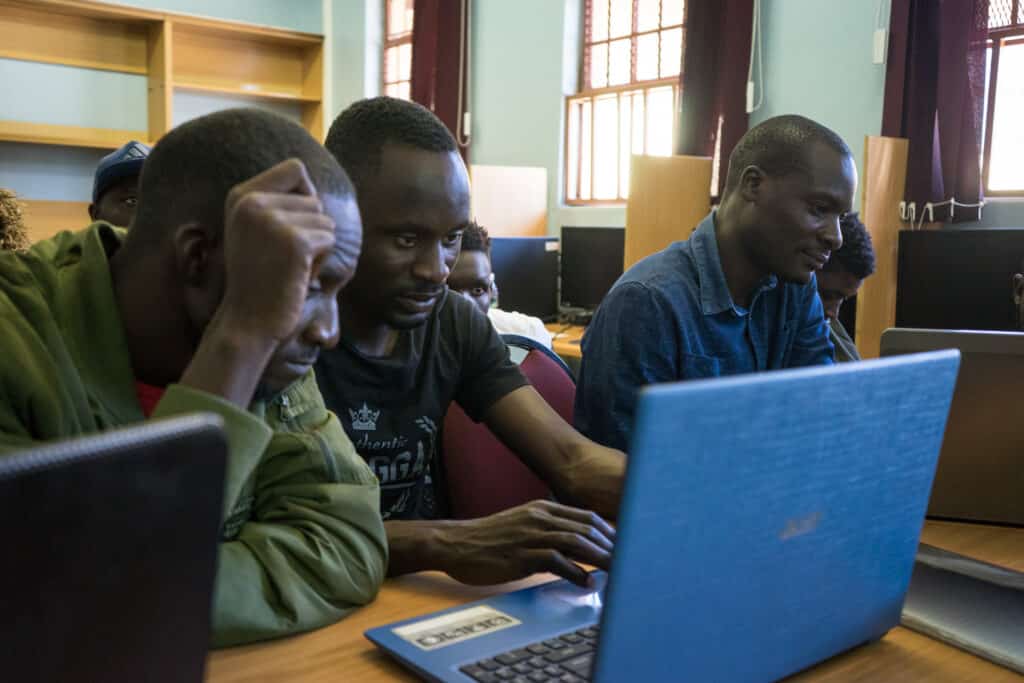
The participants – 4th year’s students from the Department of Wildlife Management and Ecotourism of UNAM Katima Mulilo Campus – showed up in high spirits and motivated to see what this workshop had to offer. During the two days, all participants showed great interest. With a mix of short presentations and hands-on exercises, I tried to give an understanding of the topic and to keep the interest level high, which seemed to work – or at least I had the impression it did. After an introduction to basic statistics, R was installed and we started cleaning our first dataset, plotted graphs and ran a few regressions. To show the application potential, I also gave an outlook on what is possible with statistical analyses – by no means an exhaustive one, however. To finalize the two intense days, we started the compulsory assignment together. This assignment was developed to help the students in further understanding the content and to familiarize themselves with the software, as I am hoping that students and lecturers can apply this in their own research.


